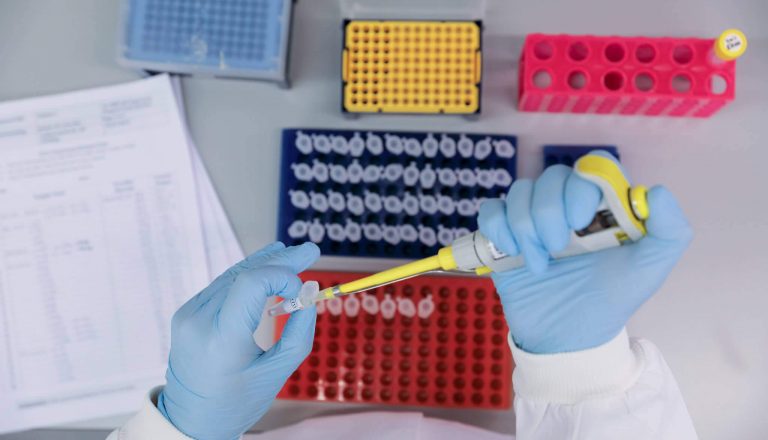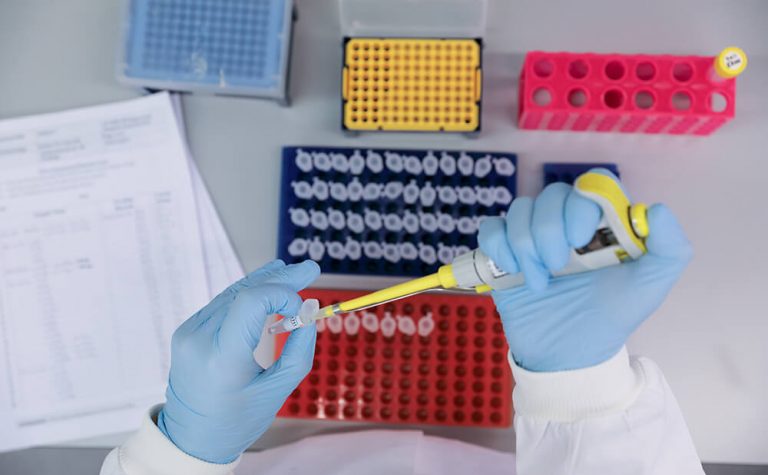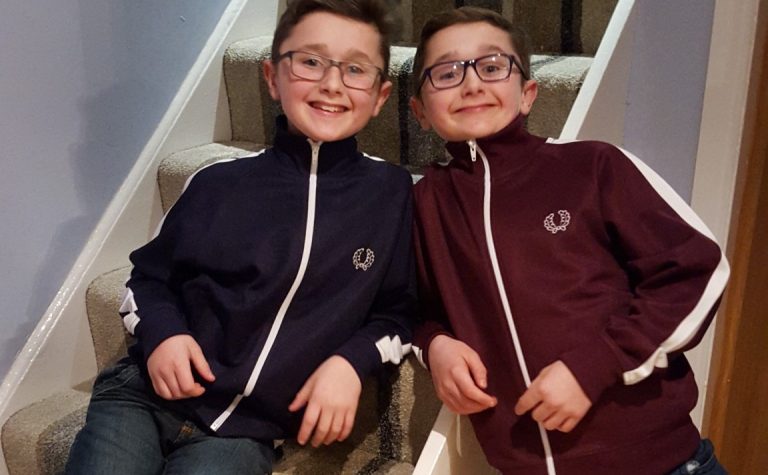Osteosarcoma (OS) is a type of bone tumour that mostly affects children and young adults. Survival rates have improved little over the past four decades and better treatments are desperately needed. There is evidence to suggest that inhibiting a protein, called ZFP36L1, in OS cells could make existing drugs more effective. In this pilot study, Dr John Murphy and his team will seek to verify this by removing the gene for ZFP36L1 in OS cells in a “test-tube” setting. The results could pave the way for the development of anti- ZFP36L1 drugs for OS.
Thank you
This research project on bone cancer has been successfully completed. Your donations allow us to fund ground-breaking research that can improve treatments given to children with cancer. Thank you. Your help allows us to continue to find ways to drive up the chances of survival for children with cancer and reduce the toxic side effects that can affect the rest of their lives.




